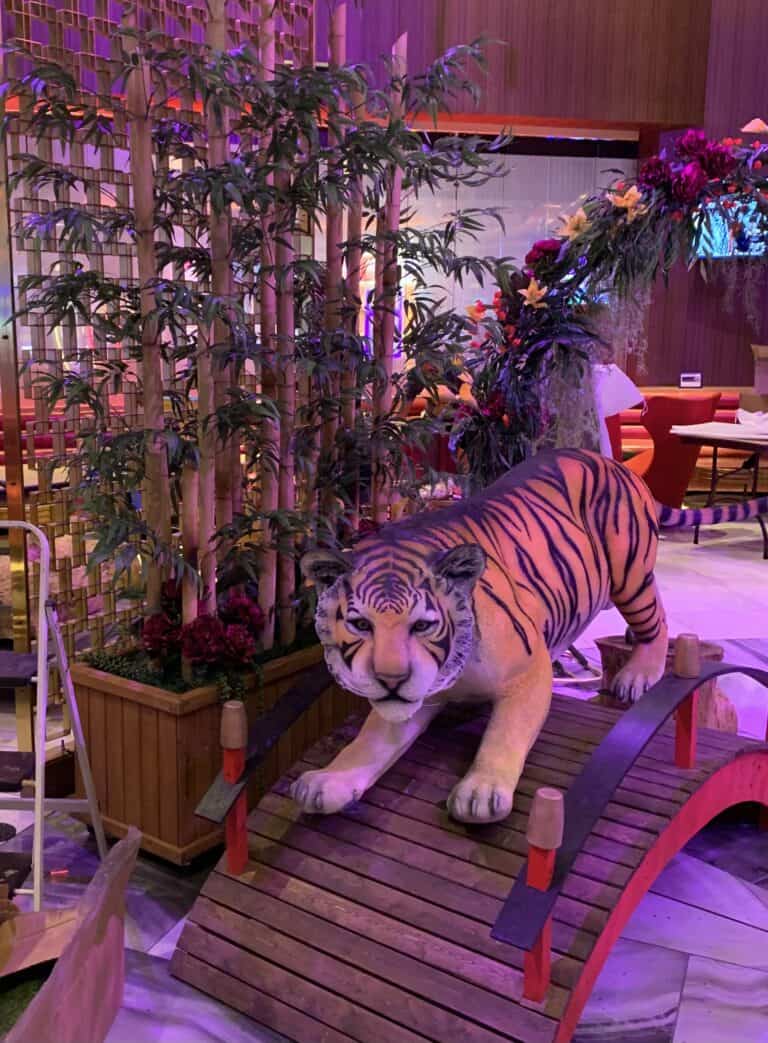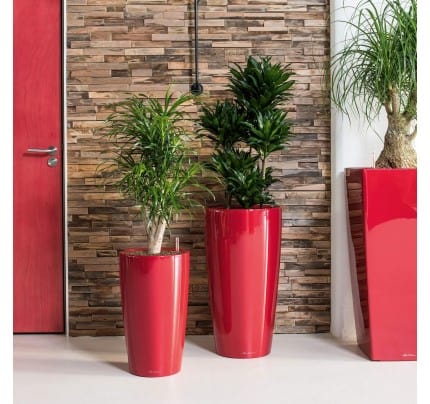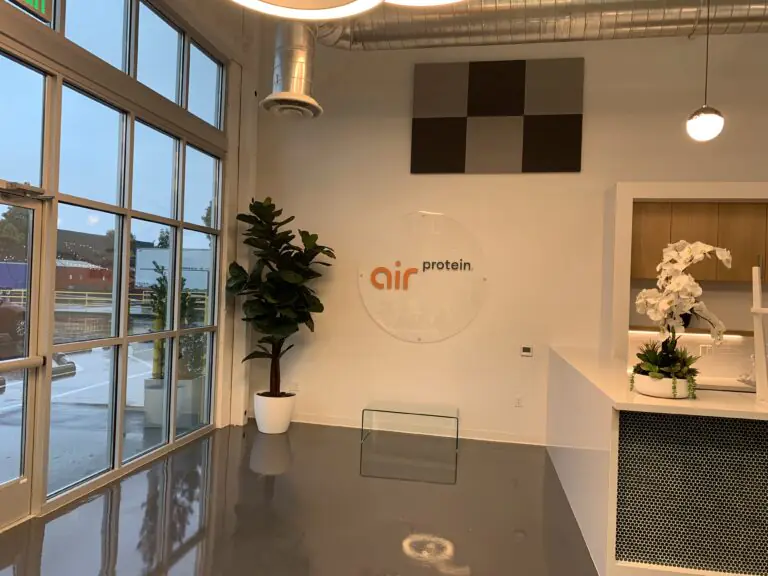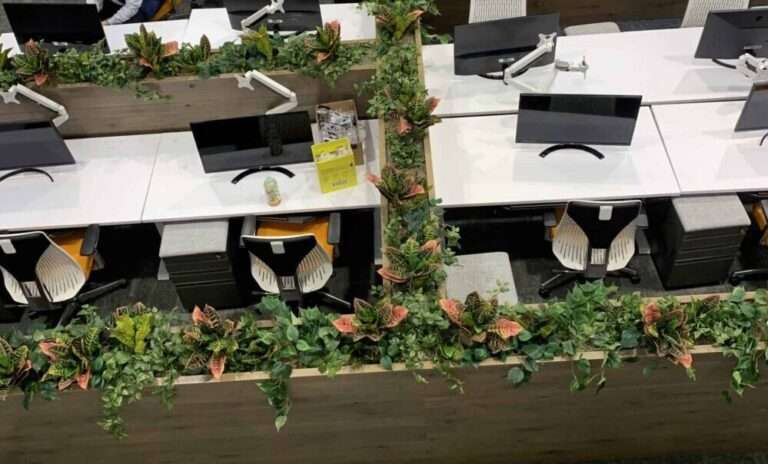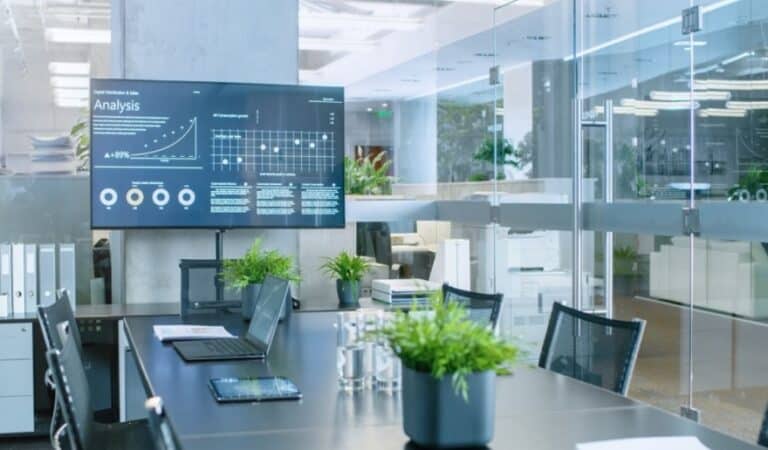Why Artificial Plants, Trees, and Green Walls Really Are Environmentally Friendly
Are artificial plants really environmentally friendly? Live plants become more and more expensive to maintain due to the increasing price of labor. At the same time, high-quality artificial plants, trees, and green walls are becoming more and more realistic. They also last for up to 15 years. In the past, it was believed that live plants were better for the environment.
Artificial Plants are friendlier to our environment
The truth is maintaining live plants is not so good for the environment and artificial plants are more environmentally friendly for our earth’s resources than you may think.
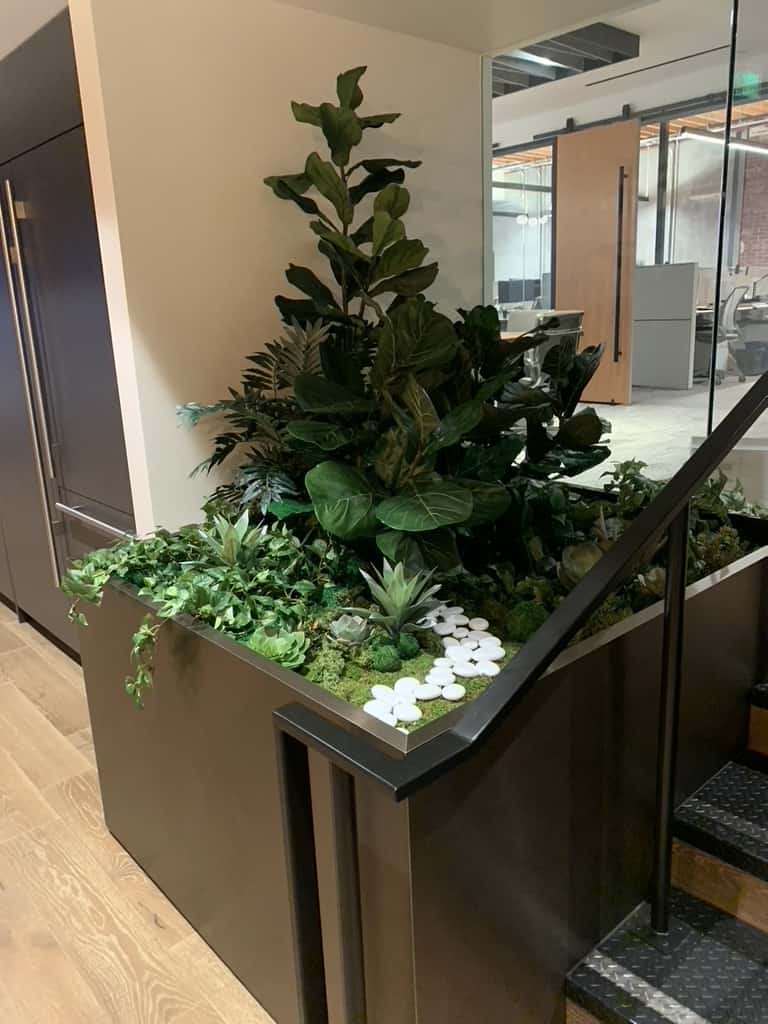
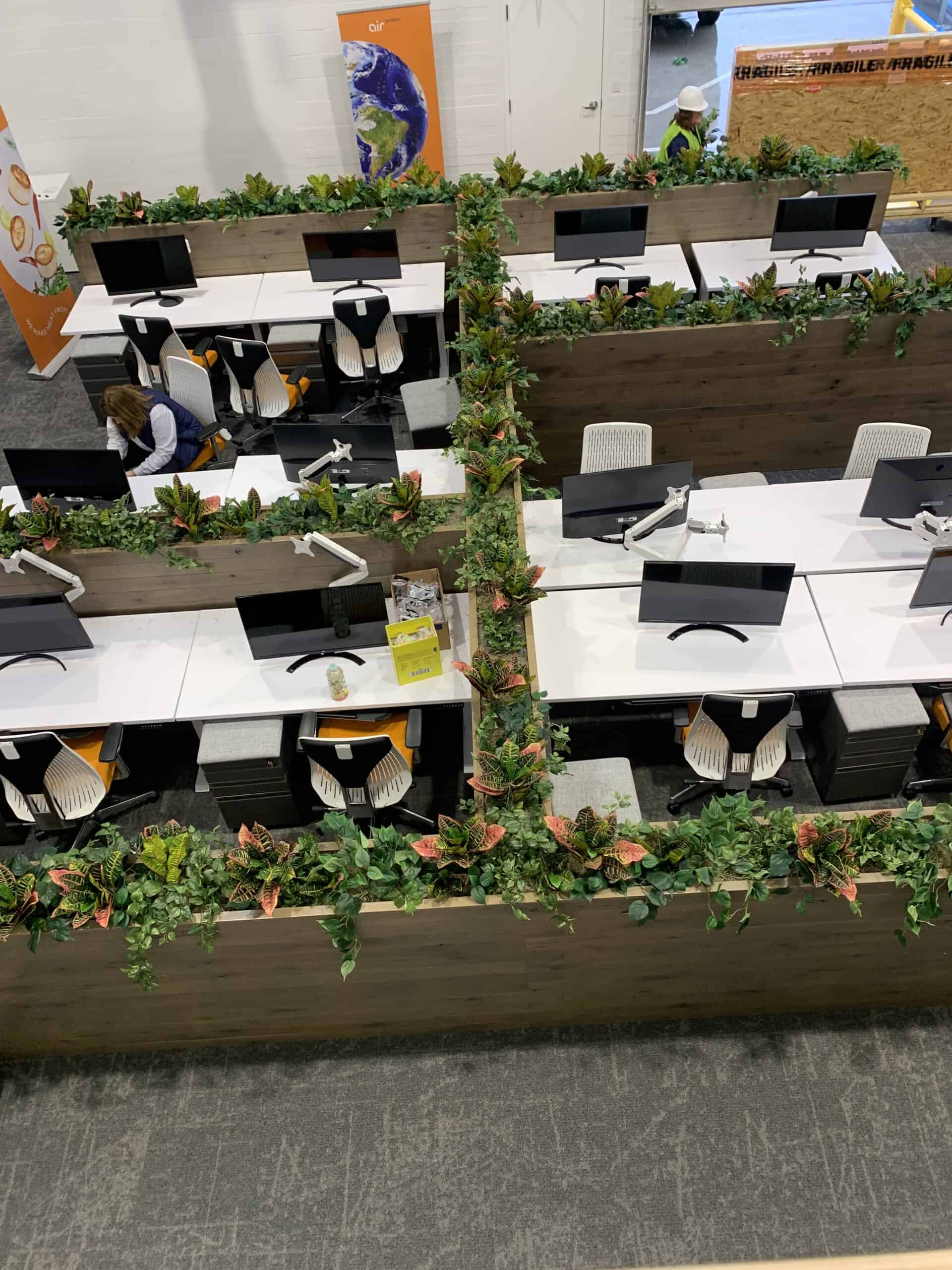
Advantages of Artificial Plants
- Reduced water usage: Live plants require regular watering which can be a significant drain on resources. Artificial plants require no water and minimal care. Therefore, they help to conserve water.
- Longevity: Natural plants have a lifespan of a few years on average. They must be deposed and replaced regularly. On the other hand, artificial plants last for a long time. Up to 15 years. This eliminates the need for disposal, thereby reducing waste and costs.
- No need for pesticides: Natural plants sometimes require pesticides to protect against pests and diseases. While artificial plants don’t require pesticides. This reduces the use of chemicals in the environment.
- Reduced carbon footprint: Live plants require someone to drive to water them, fertilize them and replace dying plants. This is on an ongoing basis. On the other hand, artificial plants don’t require transportation once they are installed. And hence, they don’t produce any carbon emissions.
- No soil contamination: Natural plants can contaminate soil if they are not grown sustainably. This can pose a risk to the environment. Artificial plants don’t pose any soil contamination as they don’t grow in soil.
For more information on using artificial plants for your business or company, feel free to call or visit Pacific Silkscapes.


